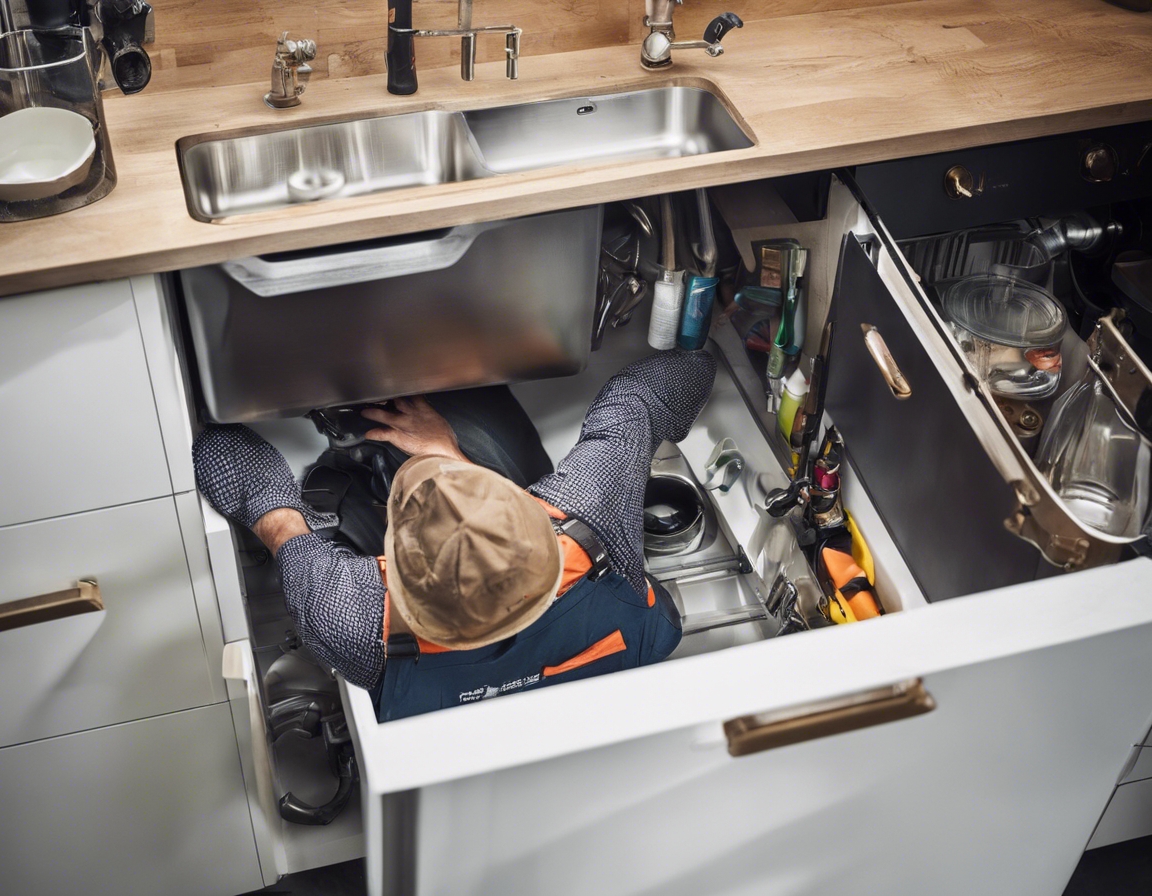The homeowner's guide to safe electrical work
Electrical work in the home can be a daunting task, especially when considering the potential risks involved. From electric shocks to fires, the dangers are real and can have devastating consequences. It's crucial for homeowners to understand these risks to ensure the safety of their families and properties.
Electrical safety is not just about preventing accidents; it's also about ensuring that your home's electrical system is functioning efficiently and reliably. A safe electrical system is the backbone of a modern home, powering everything from appliances to heating and cooling systems.
Recognizing Electrical Hazards in Your Home
Some of the most common electrical hazards include overloaded circuits, damaged insulation, improper grounding, and outdated wiring. These issues can lead to short circuits, electrical shocks, and even fires if not addressed properly.
Warning signs that may indicate electrical problems include flickering lights, frequent circuit breaker trips, burning smells, and discolored outlets. If you notice any of these signs, it's essential to take immediate action to prevent further risks.
Planning for Electrical Work
Before embarking on any electrical work, it's important to assess the scope of the project. Determine whether it's a simple task like replacing a light fixture or a more complex project such as rewiring a room.
While some electrical tasks can be handled by a knowledgeable homeowner, many require the expertise of a professional electrician. Understanding the difference is key to ensuring safe and effective work.
Best Practices for Safe Electrical Work
One of the first steps in any electrical work is to shut off the power to the area where you'll be working. This can usually be done at the main electrical panel by switching off the appropriate circuit breaker.
Using the correct tools and equipment is essential for safe electrical work. This includes insulated tools, voltage testers, and personal protective equipment such as gloves and goggles.
Electrical codes are in place to ensure safety and compliance. Familiarizing yourself with these codes and obtaining any necessary permits before starting work is crucial.
Preventative Measures and Maintenance
Regular inspections by a qualified electrician can help identify potential issues before they become serious problems. This proactive approach is an important part of maintaining a safe electrical system.
Older homes may have electrical systems that are not up to current standards. Upgrading outdated systems can improve safety and efficiency, and may be required by law in some cases.
When to Call a Professional Electrician
For complex installations, repairs, or when dealing with high-voltage systems, it's always best to call a professional electrician. They have the training, experience, and tools to handle these tasks safely and effectively.
In many areas, certain types of electrical work are legally required to be performed by a licensed electrician. It's important to be aware of these requirements to avoid fines and ensure that your work is up to code.






Comments (0)